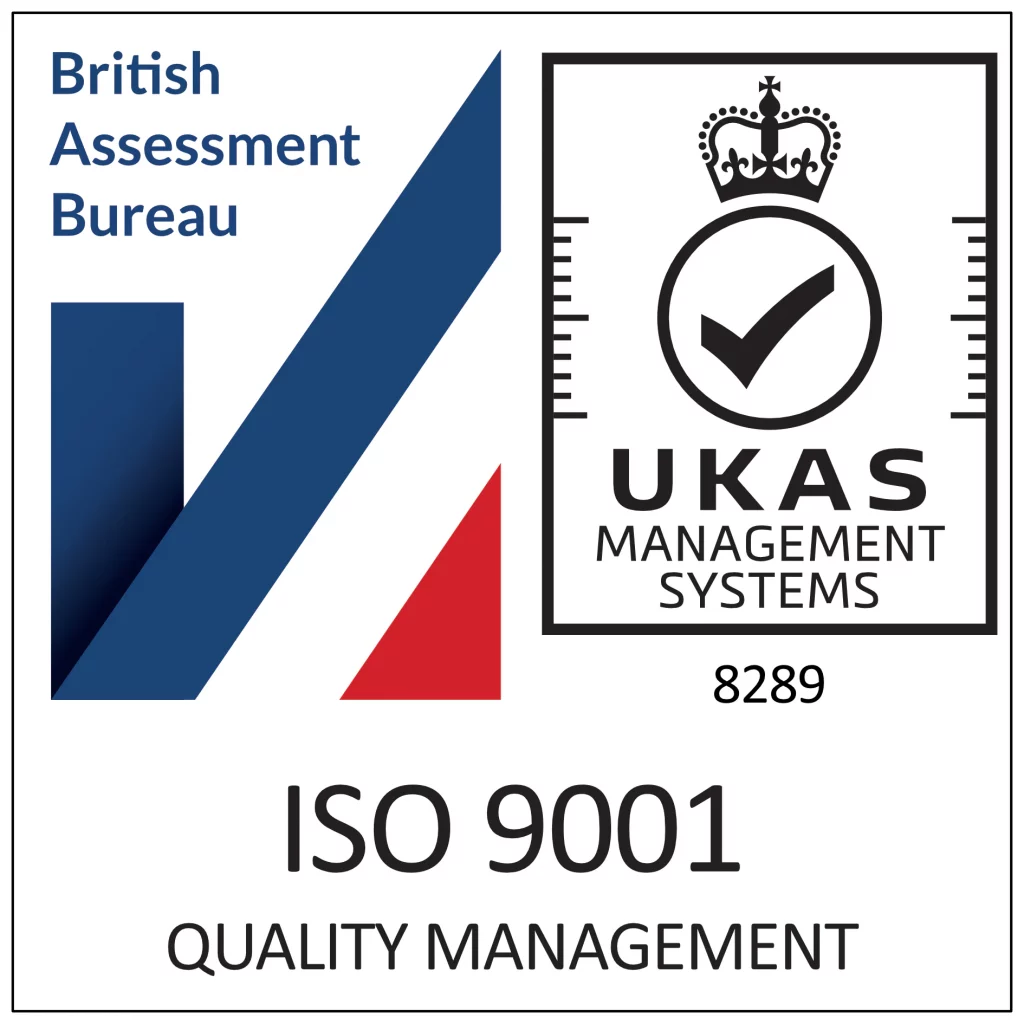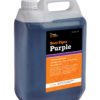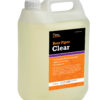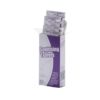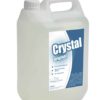Whether you’re new to the pub trade or have a track record of success within the industry, we know that a few tips are often welcome when it comes to running a top notch establishment.
Beer Piper is keen to support landlords and landladies in the execution of daily duties as we believe pubs remain at the centre of our communities up and down the country. The perfect pint doesn’t pour itself, it’s the publicans out there that keep us all going.
We wanted to make a contribution to helping bars to operate smoothly and efficiently so as well as Beer Piper saving you time and money when performing the weekly line clean, we thought we’d offer some other ideas.
Stock counting
Stock has to be controlled; no one wants to run out of product, especially on a busy weekend so it’s a good idea to carry out regular stock checks.
When measuring kegs, it can be tricky for the novice to determine how much beer is left inside which you will record in pints. You have to go on touch alone and though some with a lot of experience can do this more accurately, it’s probably easiest to divide the keg into quarters.
A keg sized 22 gallons equals 176 pints, which divided by 4 means that each quarter keg is 44 pints, half a keg would be 88 pints, three quarters of a keg is 132.
Bottles are easy to cope with since they normally come in cases of 24, two dozen. For ease of counting, arrange your bottled product in rows of 12 (or 6 and double the figure up) so you know how many dozen you have and therefore the number of cases that will equal.
Know your customer
Stock checks determine the quantity sold each week of every product and guides your reordering process. Some other considerations might be:
- Do you sometimes run out of a certain item before reordering?
- Are there any holidays, sporting events, festivals or other celebrations coming up that might lead to a higher than average footfall?
- Do you want to discontinue a certain item from your range? There is no point serving lager to a clientele consisting largely of craft ale drinkers.
- Have there been requests for certain items recently that you weren’t able to fulfil? This could be a guide to new trends.
Care for your cellar
Customers looking for a premium experience will not accept substandard product so it is good practice to look at your storage. The cellar has to be clean and cool to prevent contamination and wastage, ideally between 10 & 14 degrees centigrade.
The floors must be free from the inevitable occasional spillages and cleaning products stored in a separate cupboard and it’s sensible to clean as you go to save a huge job later that could involve a lot of shifting. Remember also to rotate stock so that newly delivered kegs can be settled and older stock used first.
Care for your lines
This needn’t be an arduous or wasteful task. Beer Piper will save you from having to waste good beer in the line when you perform your weekly clean; you can sell everything in the line first. Any longer than a week between cleaning could change the flavour of your beer as the beer lines may become contaminated by yeast and bacteria.
Changing kegs
Just a word of warning to those both new to the industry or those that have become blasé to the safety element of the cellar environment! The pressurised contents of a keg do make it hazardous to change if care is not taken. Never position your face directly over the coupler when changing it and turn off the gas supply first. Once reconnected, turn the gas back on and check the pressure cylinder to make sure the draught product can flow. Last word on safety; even if a gas cylinder is empty, turn the tap to the off position.
We hope these tips offer a useful reminder or a way of training new staff in the fundamentals of cellar management.
Contact us now if you’d like to know more about Beer Piper and how we can save time and money in your establishment.


